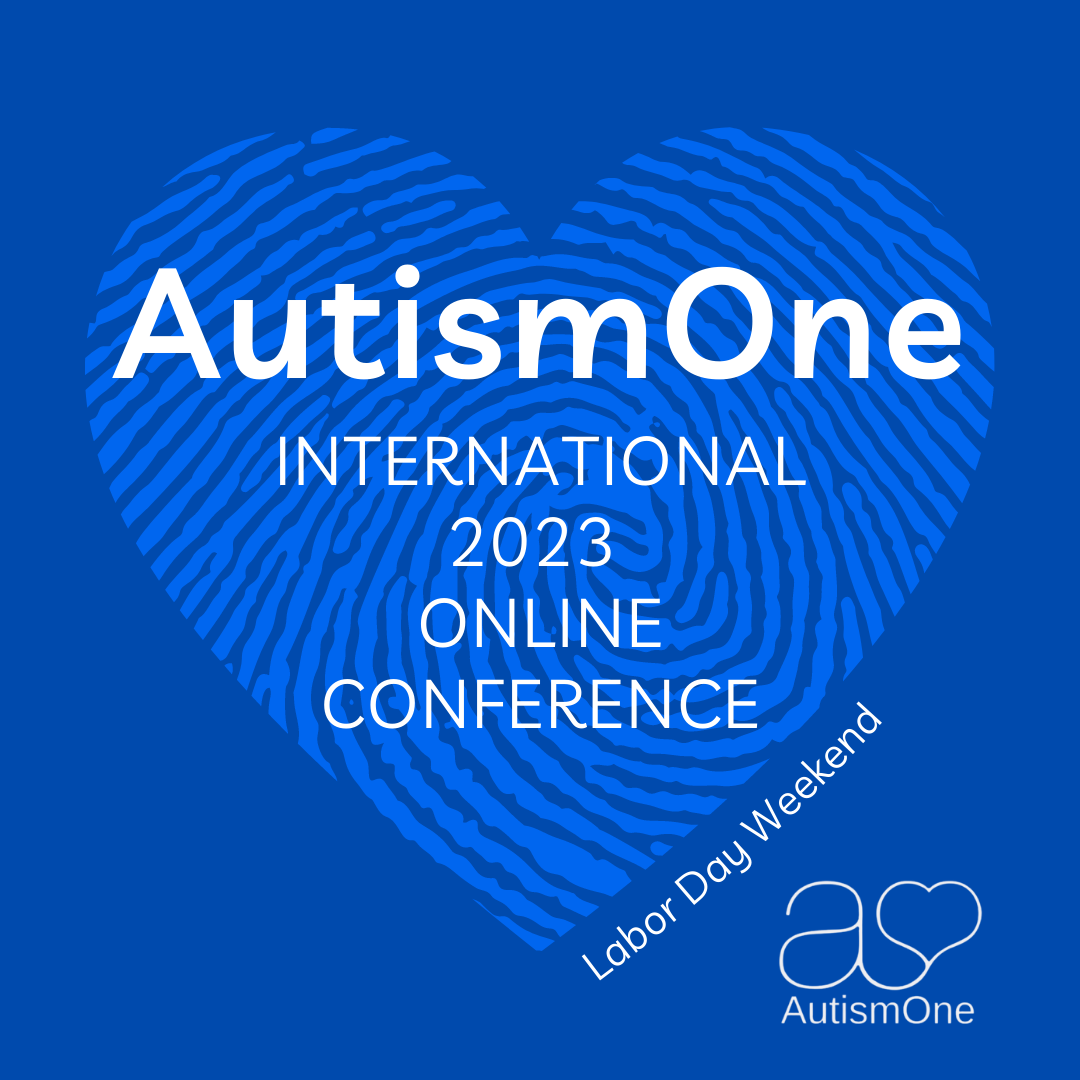Transcranial Photobiomodulation for Neurodevelopmental Disorders: Focus on Autism Spectrum Disorder
Neurodevelopmental disorders refer to a group of conditions that affect the development of the nervous system, resulting in difficulties with social interaction, communication, and behavior. Despite its significant prevalence, current treatments primarily focus on symptom management and have variable efficacy. Transcranial photobiomodulation (t-PBM) with near-infrared light (NIR) has emerged as a promising area of research for a wide range of neuropsychiatric disorders. This non-invasive and safe neurostimulation technique has shown benefits for major depressive and bipolar disorders, Alzheimer's and Parkinson's disease, and traumatic brain injury. This presentation examines the existing preclinical and clinical evidence for using t-PBM in treating neurodevelopmental disorders, including the mechanisms underlying its potential therapeutic effects. Although some evidence suggests that t-PBM may help treat these disorders, further research is needed to confirm its efficacy, tolerability and optimal parameters for treatment.
Keywords: Neurodevelopmental disorders; transcranial photobiomodulation; near-infrared light; Autism Spectrum Disorder (ASD).
Presenter(s):
When
- Thursday, August 31 2023 @ 11:00am(EDT)
WheRE
- zoom
Track
- Medical Keynote, Neurology

